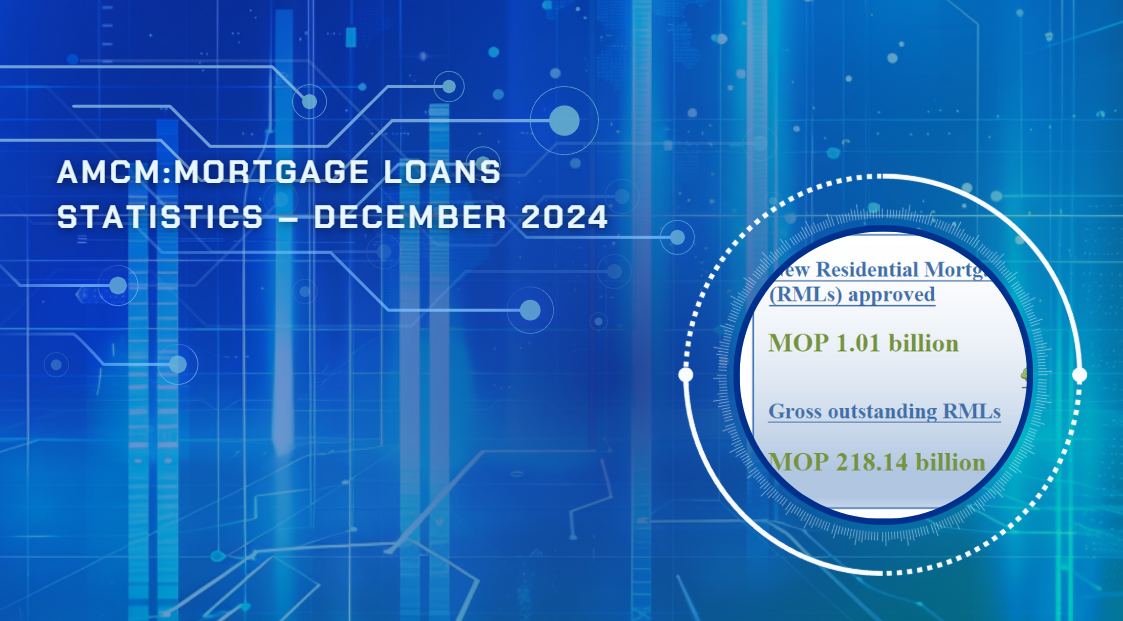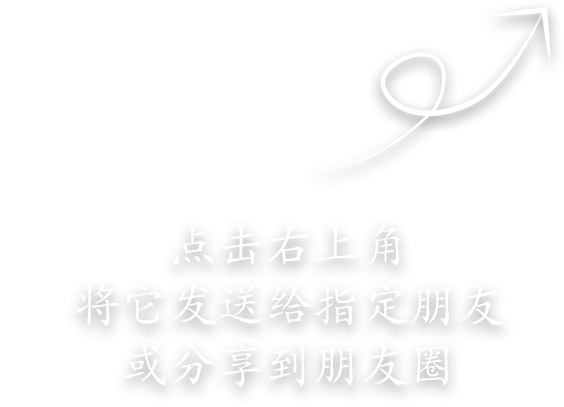China’s Beijing Stock Exchange Takes Major Step to Enhance ESG Reporting: A New Era for Sustainable Finance
On January 17, 2025, the Beijing Stock Exchange (BSE)officially rolled out the Sustainable Development Reporting Guidelines, marking a significant development in China's push for more robust Environmental, Social, and Governance (ESG)disclosures. This move aligns with the central government's efforts to strengthen capital markets and drive sustainable, high-quality development.
New Guidelines to Shape Transparent ESG Disclosures
The guidelines—released under the guidance of the China Securities Regulatory Commission (CSRC)—aim to improve the quality and transparency of ESG reporting for publicly listed companies in China. It comes as part of the broader initiative outlined in the State Council's Opinions on Strengthening Regulation and Preventing Risks. By establishing a clear framework for sustainability reporting, BSE intends to raise awareness of ESG among companies and their investors, while providing the market with more standardized and comparable data.
The guidelines focus on two key areas:
1.General Requirements & Reporting Framework
2.Climate Change Mitigation and Adaptation
The General Requirements guideline outlines the fundamental principles for drafting a sustainability report, such as governance structure, strategic objectives, risk management, and measurable outcomes. The framework encourages companies to assess and disclose the most relevant ESG issues they face, ensuring that stakeholders receive transparent, actionable insights.
The Climate Change guideline addresses critical factors such as greenhouse gas (GHG) emissions, climate risk scenarios, and adaptation strategies. This section provides clear methodologies for calculating carbon footprints and reporting climate-related actions.
A Structured Approach for a Sustainable Future
BSE's new guidelines break down ESG disclosures into four key components:
·Governance
·Strategy
·Risk & Opportunity Management
·Metrics & Targets
These components will help ensure that companies report ESG data in a holistic and consistent manner, ultimately fostering investor confidence and helping corporations align with global sustainability standards.
One of the notable features of the guidelines is their practical approach. They not only present required disclosures but also offer examples and templates that companies can use for their reports. This will make it easier for companies to understand and adopt best practices in ESG reporting, driving the overall quality of disclosures in China's capital markets.
Raising the Bar for Corporate Responsibility
Since its inception, the BSE has led the way in promoting corporate responsibility, encouraging companies to embrace sustainable practices and disclose their efforts. This initiative is poised to accelerate the adoption of ESG reporting across China's stock market, improving transparency and helping investors make more informed decisions.
The guidelines come as part of a broader push to enhance China's corporate governance landscape and attract more international investment. For global investors, this move is seen as a step towards aligning Chinese markets with global sustainability practices. As China's capital markets become more closely integrated with the international community, high-quality ESG reporting will become increasingly important for fostering cross-border investment.
Implications for International Business
For international stakeholders—especially those in banking, investment, insurance, and law firms—the new reporting requirements could offer valuable insights into how Chinese companies are tackling sustainability risks and opportunities. These developments will help foreign investors better evaluate the long-term prospects of Chinese firms and gauge their resilience to environmental and social challenges.
Furthermore, as Chinese companies begin to adopt these guidelines, foreign investors will be able to access clearer and more reliable ESG data, aiding them in making more sustainable investment decisions. This could enhance the attractiveness of Chinese companies to global institutional investors who are increasingly prioritizing sustainable investment strategies.
The Path Ahead: Increased Focus on ESG
Looking ahead, BSE plans to develop additional guidelines addressing other key ESG issues. The goal is to ensure comprehensive coverage of all important sustainability topics, driving further improvements in reporting quality. The exchange will also continue to share best practices and provide training to companies, ensuring that the market adapts quickly to these new standards.
This move is a significant step in China's journey toward greater corporate transparency and sustainable development. As the guidelines are implemented, it's likely that we will see more companies adopting best practices in ESG reporting, setting a new standard in China and potentially influencing global practices.
For foreign businesses and investors, this is an opportunity to closely monitor the progress of China's ESG disclosures and consider how they can integrate these developments into their own sustainability frameworks. As China strengthens its commitment to transparency and sustainability, the potential for increased cross-border collaboration grows—driving global innovation and investment in the process.






















































First, please LoginComment After ~